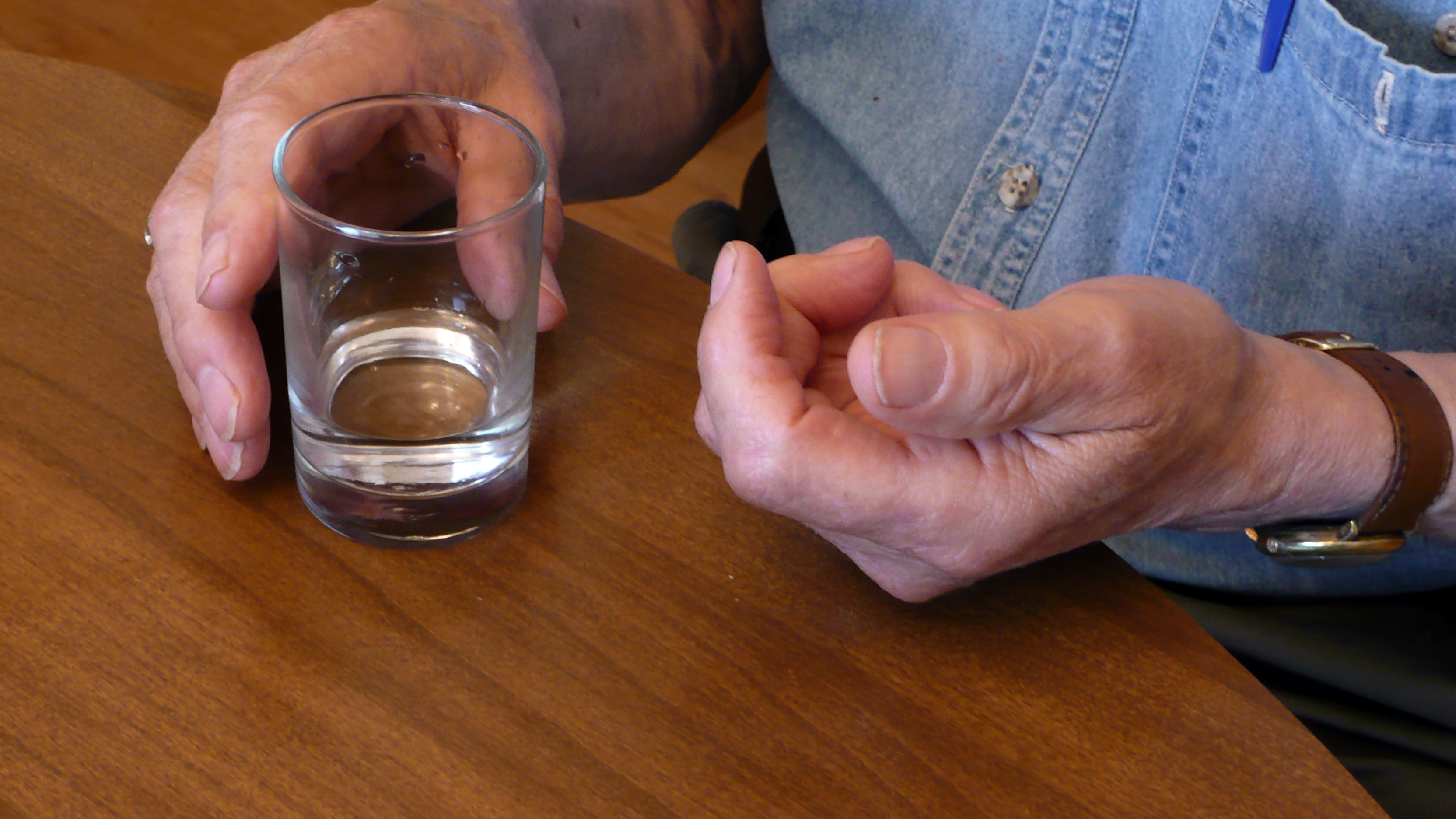Do television ads by plaintiffs' lawyer firms hawking lawsuits over prescription drugs cause patients to cease taking their prescribed prescriptions?
According to a new survey released by the U.S. Chamber Institute for Legal Reform (ILR), one in four Americans who are currently taking prescription medicines say "they would stop taking them immediately — without consulting their doctor" after seeing such lawyer advertisements.
“Alarmist plaintiff lawyer ads targeting prescription drugs can literally scare people to death,” said ILR President Lisa A. Rickard of the survey findings.
The survey was conducted for ILR by Public Opinion Strategies, and found that seven in 10 Americans "have seen a trial lawyer ad for a lawsuit over a prescription medicine" and 84 percent say they would "be concerned if they saw a lawsuit ad about a medicine they were taking."
According to ILR, the survey covered the opinions of "all Americans," but particularly those prescribed drugs "most often targeted by plaintiffs' firms." These include blood thinners and medications to treat cholesterol, diabetes, anxiety, depression and indigestion.
As American Pharmacy News
reported in March, such plaintiff lawyer advertising has caught the eye of some in Congress. U.S. House Judiciary Chairman Bob Goodlatte (R-VA) recently sent letters to the American Bar Association and every state bar association, urging the organizations to adopt requirements for warnings on trial lawyer advertisements that urge patients to discontinue the use of some medicines.
"Indeed, much of this advertising is designed to frighten patients," wrote Goodlatte. "After emphasizing the potential side effects of an FDA approved and doctor prescribed medication, one advertisement urges patients to call 1-800-BAD-DRUG — a less than subtle suggestion that the drug in question is inherently harmful."
In fact, the House Judiciary Subcommittee on the Constitution and Civil Justice will hold a hearing tomorrow at 9 a.m., entitled, "Examining Ethical Responsibilities Regarding Attorney Advertising."
“Congress is right to examine their impact on the public’s health and to consider how this can be remedied," said Rickard of that hearing and of Goodlatte's recent letters to the bar associations.
In his letters, Goodlatte cited a Heart Rhythm Journal article which found that a number of patients have "ceased using their anticoagulent without consulting a physician after viewing negative legal advertisements."
According to that article, "in the majority of cases, patients experienced a stroke or transient ischemic neurological event; 2 patients had persistent residual paralysis. One patient, a 45-year-old man receiving rivaroxaban for treatment of deep vein thrombosis, stopped the drug and died of a subsequent pulmonary embolism, and 1 female patient, receiving rivaroxaban for stroke prevention, stopped the drug and died of a massive stroke."
Goodlatte noted that the American Medical Association recently adopted a resolution that supports a “requirement that attorney commercials which may cause patients to discontinue medically necessary medications have appropriate warnings that patients should not discontinue medications without seeking the advice of their physician.”
ILR has made the full findings of its recent survey available to the public here.











 Alerts Sign-up
Alerts Sign-up